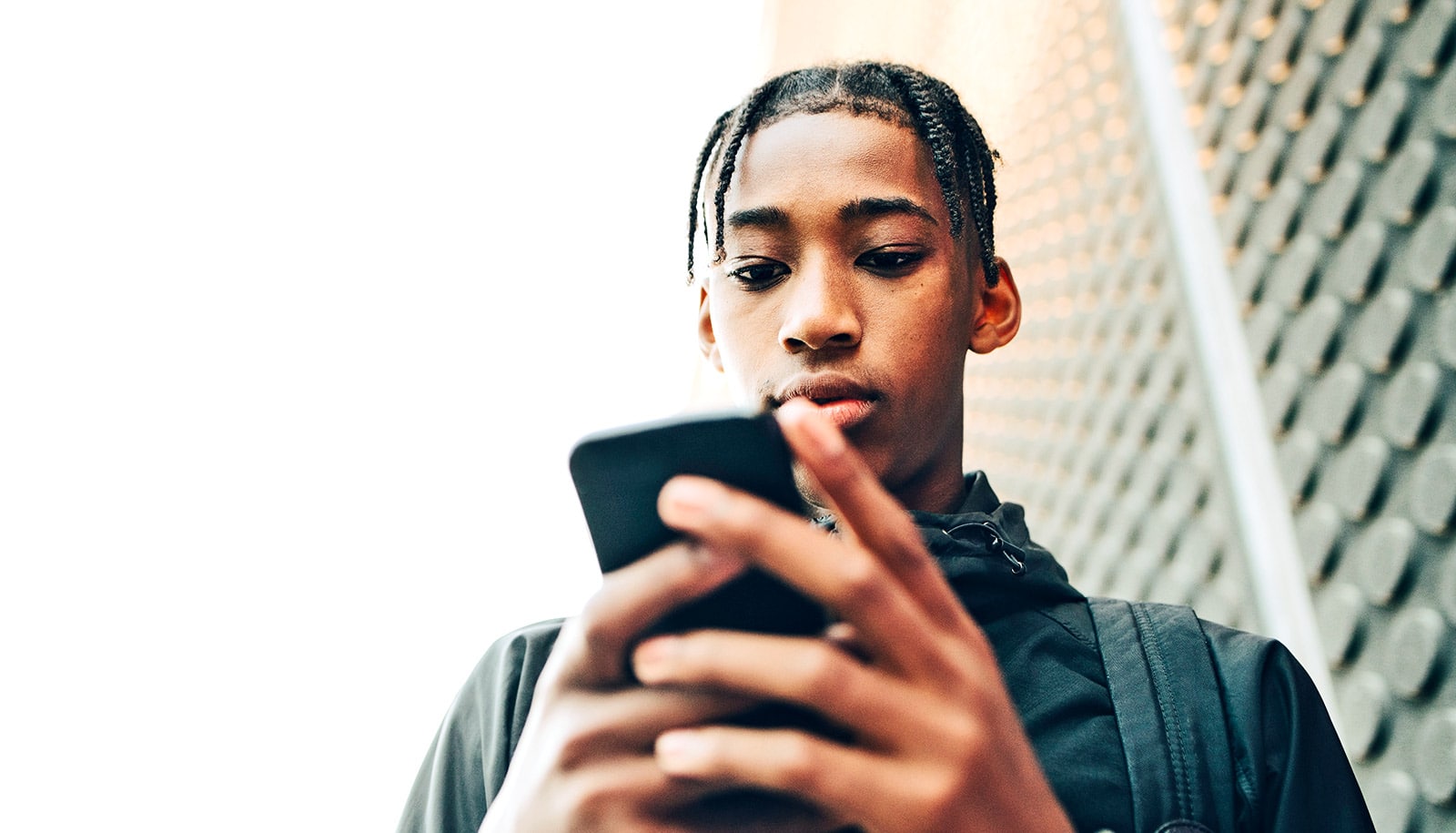
One in two Black adolescents faced online racial discrimination during 2020, according to a new study.
2020 was a year of unrest: The COVID-19 pandemic disrupted society while the killings of George Floyd, Breonna Taylor, and other Black people in America sparked a wave of global protests.
Ming-Te Wang and Juan Del Toro conducted a longitudinal study collecting 18,454 daily assessments of 602 Black and white adolescents aged 12 to 18 across the country between March and November 2020.
The children, aged 12-18, reported increased online racial discrimination that predicted worse same- and next-day mental health.
The findings appear in Child and Adolescent Psychiatry.
“This study showed us the need for programs to decrease online hate crimes as well as procedures by health providers—pediatricians, psychiatrists, and others—to mitigate negative mental health effects such as online racial discrimination,” says Wang, a professor of psychology and education in the School of Education at the University of Pittsburgh, and a senior scientist at Pitt’s Learning Research and Development Center (LRDC).
He and Del Toro, a research associate at the LRDC, set out to study online racial discrimination in the time of COVID-19. While students performed schoolwork at home, they spent more time online and in front of screens, communicating via direct-messaging platforms, and social media.
The team established two primary research goals: Examine the frequency of online racial discrimination before and after the 2020 unrest and determine if such discrimination predicted mental health issues among a representative sample of Black youths.
What they found: 1 in 2 Black youths experienced at least one incident of online racism during the study period.
That rate was significantly higher than a previous study that found roughly 2 in 5 Black adults reported experiencing the same amount between March and June 2020—a study period barely half as long as Del Toro and Wang’s.
“The data were rich as we had Black and white youths’ daily survey responses, and these daily self-reports were gathered across multiple periods throughout 2020, enabling us to look at changes in youths’ daily experiences of racial discrimination across time and examine the immediate and prolonged mental health consequences of racial discrimination,” Del Toro says.
In light of their findings, the researchers say changes in policy and medical approaches are needed when such racial traumatic experiences arise, including training on culturally sensitive assessments and effective communication skills for clinicians.
Racial literacy training and resources to help youth cope with racial events also would benefit mental health professionals.
These findings have immediate implications for clinical practice, Del Toro says.
“Adolescents’ chronic exposure to online settings may exacerbate racial disparities in health, considering the present study found a negative impact of racial discrimination on Black youths’ but not white youths’ mental health.”
Source: Chuck Finder for University of Pittsburgh